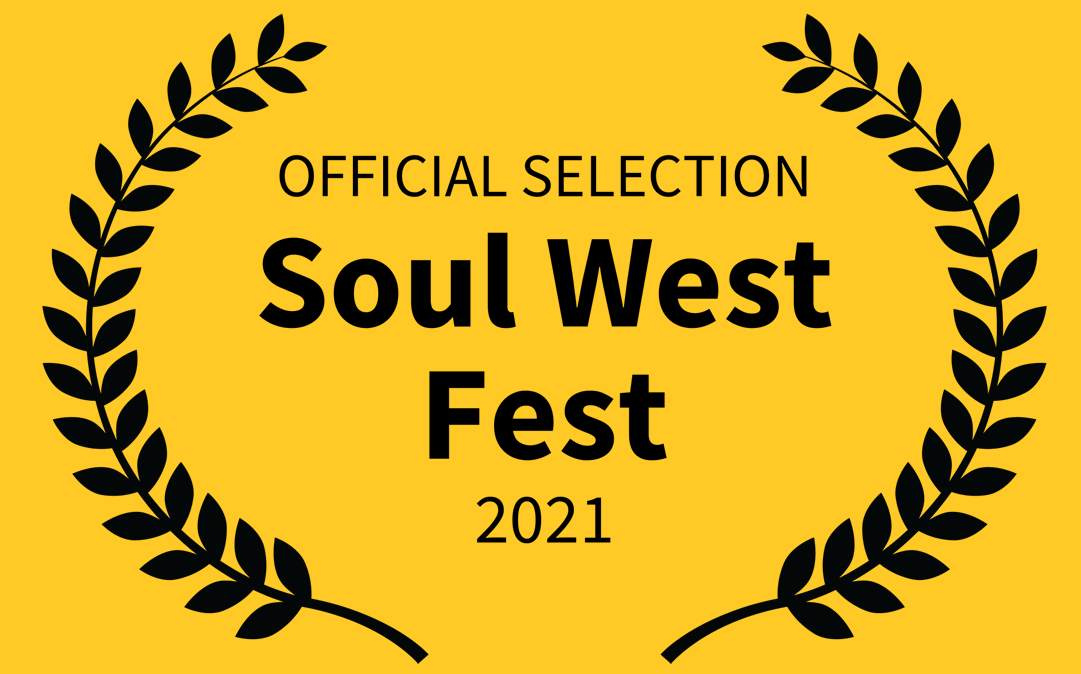Soul West Fest Accepts Two Race Amity Films for Screening
Two race amity films were recently accepted for screening by Soul West Fest (SWF) in Phoenix, AZ on September 2, 2021. The festival takes place from Oct. 22-24, 2021. SWF is an urban film and music festival “whose mission is to Promote and Support Urban Films and Filmmakers, Soul Music, Urban Culture and Education” and “champions emerging and established voices, showcasing award-winning urban films and filmmakers, soul music, culture and new technology through premieres, exhibitions, talks and live performances.”
Roots of the Race Amity Movement Film
“Roots of the Race Amity Movement:”
The phrase “Race Amity” is increasingly being used in the race relations and dialogue arena. In 1921, such noteworthy individuals as renowned scholar Alain Locke, founder of the Harlem Renaissance, U.S. Senator Moses Clapp, and descendants of Frederick Douglass participated in the inaugural and highly successful Race Amity Convention held in Washington, DC. This short film explores the beginnings of the Race Amity movement and supports the expanded presence of Race Amity in the public discourse.
An American Story: Race Amity and The Other Tradition Film
“An American Story: Race Amity and The Other Tradition:”
The primary purpose of the documentary project, “An American Story: Race Amity and the Other Tradition,” is to impact the public discourse on race.
In contrast to the lens that focuses exclusively on the racist traditions rooted in America’s social history, the “other tradition” presents a moral counterweight — close, loving friendships and collaboration which have always been present in our history.
This documentary explores the power of cross-racial friendships in America’s development, starting with the nation’s earliest settlements in Virginia, through the American Revolution, and up to modern movements for social justice. Focusing on the “better in us” helps us address a myriad of governmental, educational, business, and religious challenges so we can weave a fabric of unity indispensable to our survival as a nation.

